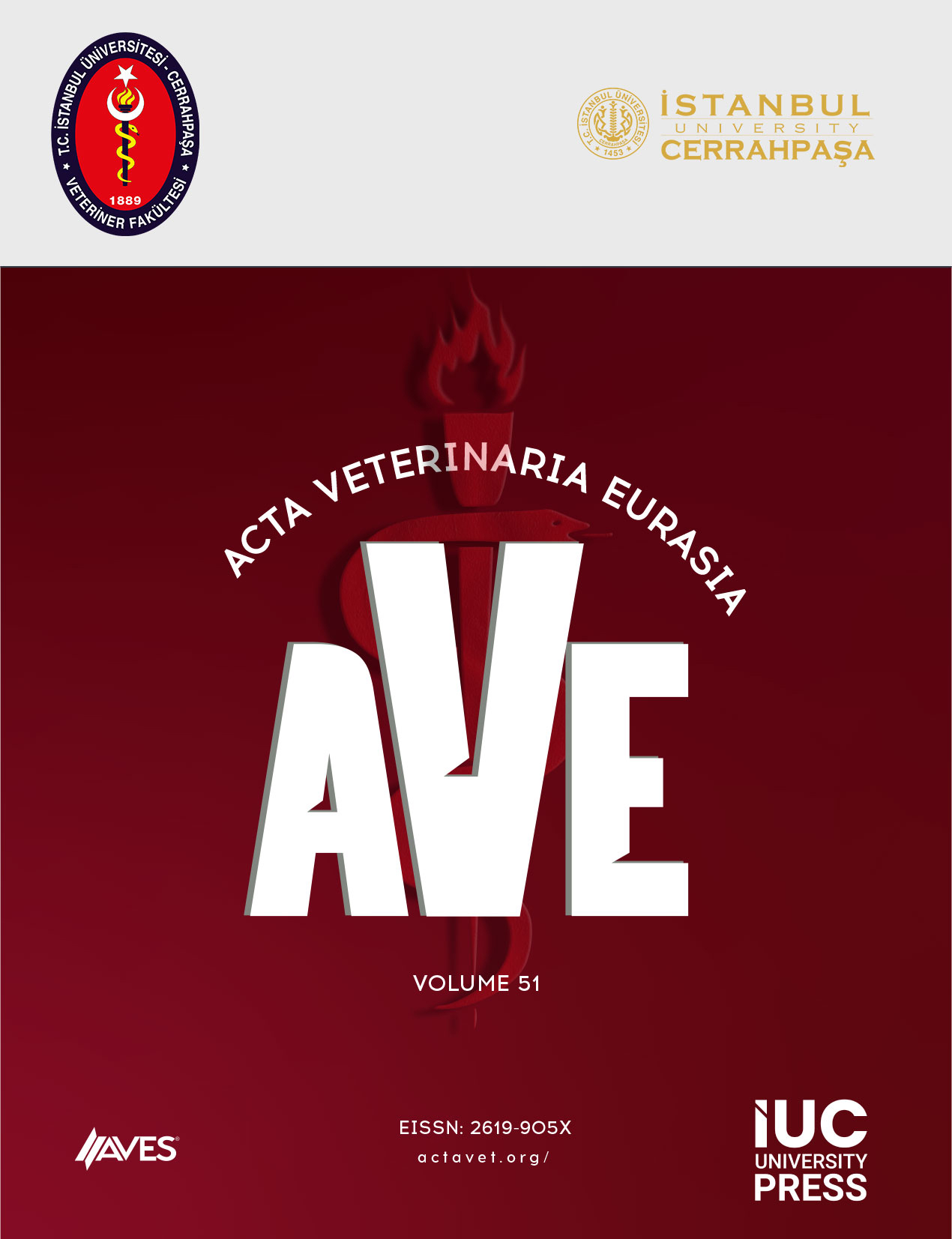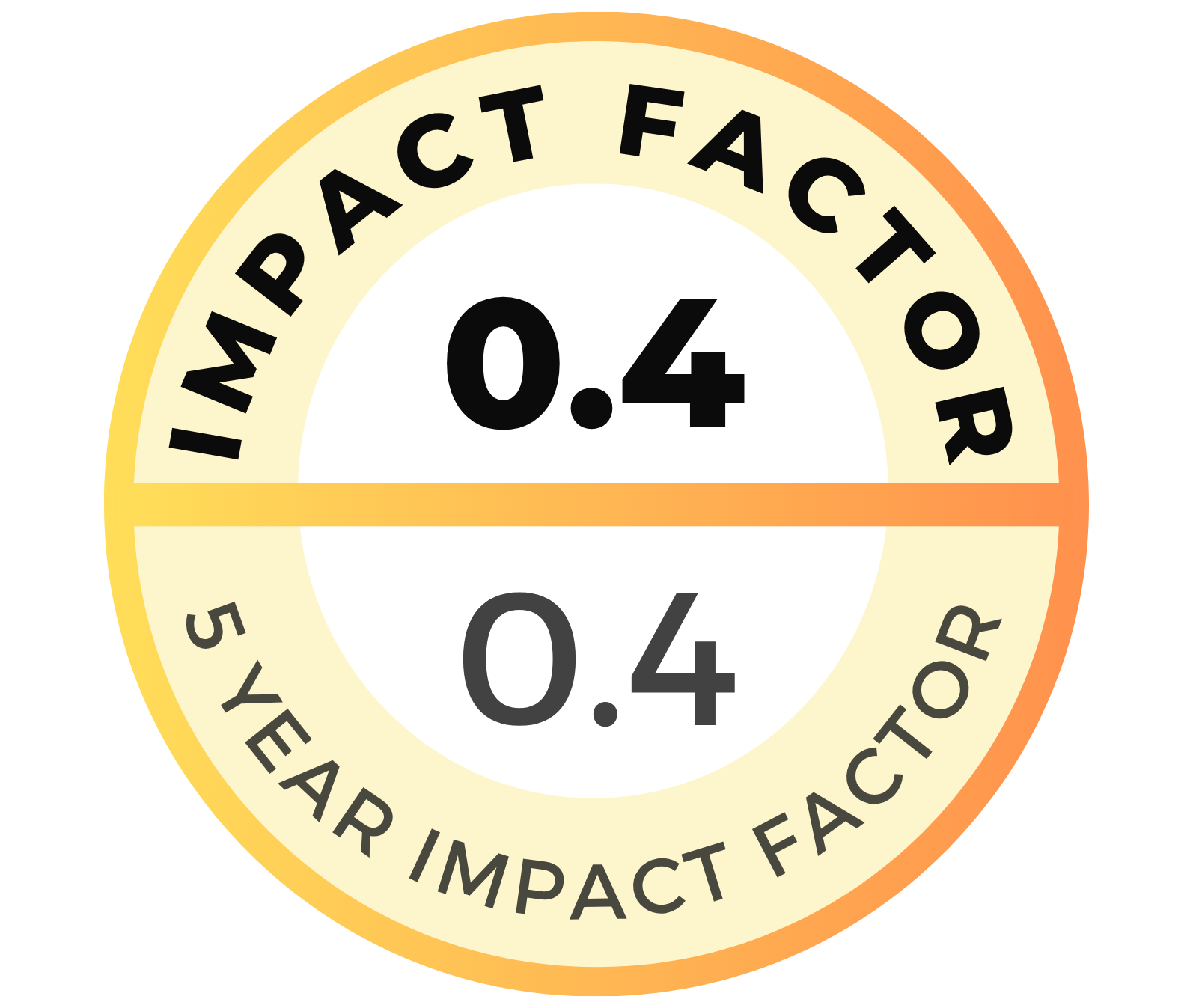The effect of microcystins (MCs) was assessed on Mediterranean mussels Mytilus galloprovincialis during experimental exposure to marine cyanobacteria belonging to the genus Synechocystis. The strain was isolated for the first time in Greece, from the Thermaikos gulf (Central Macedonia, Northern Greece). All mussels used for the experiment were collected from farms located in the mentioned area. No toxic algae or phytoplankton populations were observed during the experimental period. The mussels were divided in three different groups; two of the three groups were fed daily with 10,000 cells/mL and 100,000 cells/mL of Synechocystis sp., respectively, whereas the third group was not fed at all. MCs were detected using a specific, validated direct competitive enzyme-linked immunosorbent assay. The experimental exposure was conducted in triplicates. The results were confirmed by ultra-high-performance liquid chromatography-tandem mass spectrometry. It was demonstrated that the Mediterranean mussels M. galloprovincialis could accumulate MCs up to 6.85±0.220 μg/kg after 72 hours of exposure at a density of 100,000 cells/mL to the marine strain Synechocystis sp.
Cite this article as: Kalaitzidou, M., Papageorgiou, K., Theodoridis, A., Economou, V., Filiousis, G., Kritas, S., Angelidis, P., Petridou, E., 2021. Experimental Exposure of the Mediterranean Mussels Mytilus galloprovincialis to Potentially Toxic Cyanobacteria (Synechocystis sp.) and Detection of Microcystins. Acta Vet Eurasia 47, 10-18





.png)